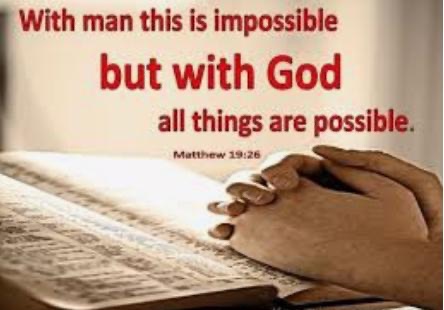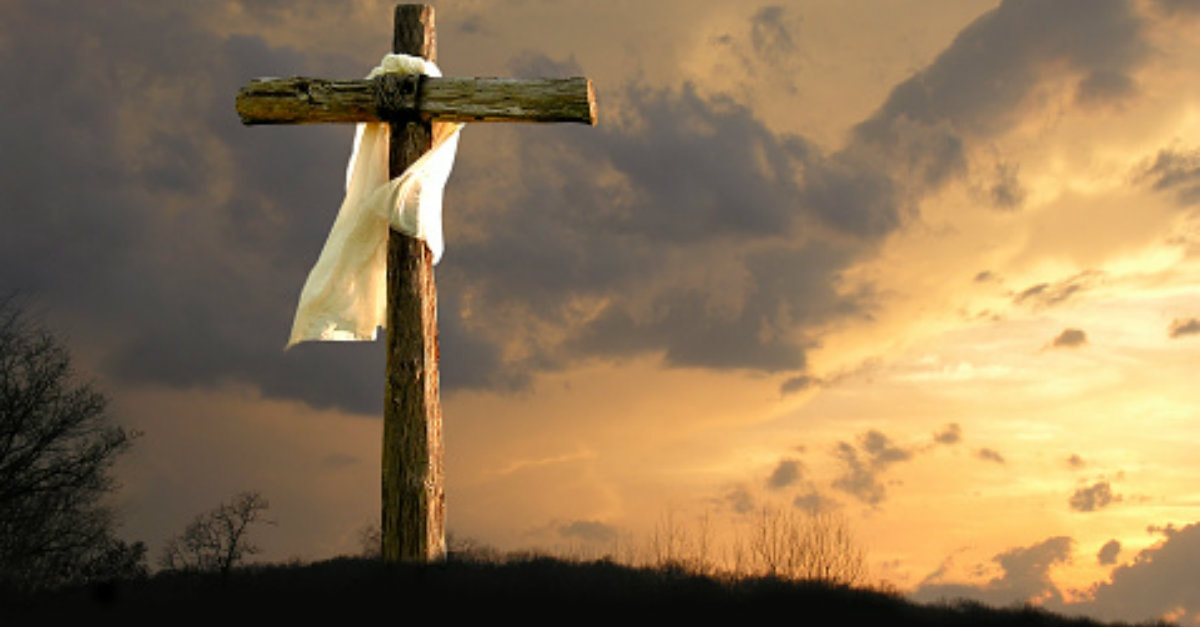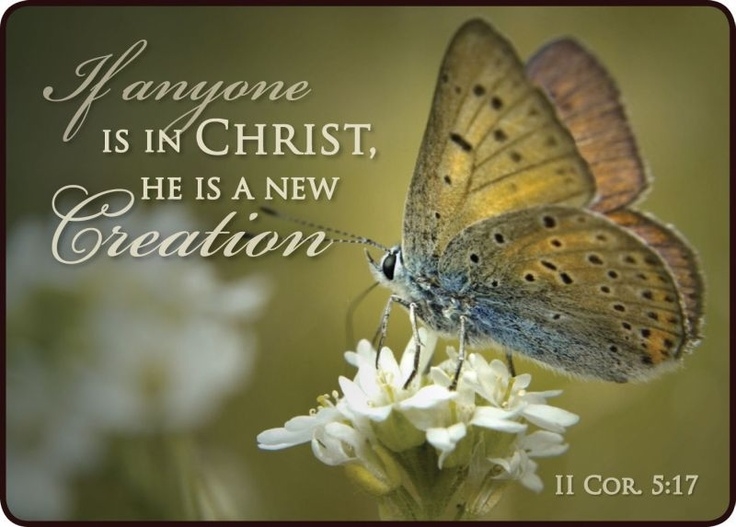I can remember when it first happened — when my dungeon shook and my chains fell off. I had recently gone through a horrible experience and felt there was nowhere to turn, no one who could give voice to my ache, my pain, and my rage.
I feared that many wouldn’t understand.
At the time, I was immersed in White evangelical church life. I had been the one selected to lead a group through John Piper’s Bloodlines because the church wanted to be more “diverse.” I was probably the first black person to preach there.
That usually came with a badge of honor — the “first” usually means you’re breaking barriers (or so I thought). Then Trump happened. Then the shootings of unarmed black people. Then … the white responses in the church I was in.
I was confused.
“How could they be around me and my wife and say this about black people?”
“How did they not know us?”
“How could they believe this?”
“Why aren’t we speaking about this?”
Confusion compounded by the employer who used my abstention from the National Anthem as an opportunity to lecture me on NFL protests and oppression.
Confusion compounded by the colleagues who said, “there’s no need for Black History Month,” and another, “there’s no such thing as black theology.”
Confusion compounded by another colleague who reported me for inappropriate touching after I side-hugged her while bidding her a good weekend. Maybe at that moment I forgot all the lessons my mom taught me about being careful around white women. Did she know that they see her as innocent and me as a danger? Maybe she believed the lie that Amy Cooper believed: that her whiteness is a weapon to keep a “n— in his place.”
And then my confusion turned to rage as the comments continued.
“You are losing the gospel.”
“I’m not racist.”
“You’re a social justice warrior.”
“I have black friends.”
“All lives matter.”
“Black men need to stop killing black men.”
“It’s a sin problem, not a skin problem.”
“Jesus came to change hearts not societies.”
Black rage in an anti-black world is a spiritual virtue. Rage shakes us out of our illusion that the world as it is, is what God wants. Rage forces us to deal with the gross system of inequality, exploitation, and disrespect. Rage is the public cry for black dignity. It becomes the public expression of a theological truth that black lives matter to God.
Rage is the work of love that stands against an unloving world. Rage is the good news that though your society forgets you and works against you, there is Someone who loves you and believes you are worth fighting for.
⠀
If you’re more concerned about the responses of black rage than you are about a system that justifies and rewards black death, you don’t love black people — you just love when they stay in their place. And that’s not love, that’s hate.
So, I wept — I wept because I felt so powerless, so vulnerable, so unloved, so hated.
In “A Letter to My Nephew,” James Baldwin wrote:
Please try to remember that what they believe, as well as what they do and cause you to endure, does not testify to your inferiority, but to their inhumanity and fear.
His words hit me with the sort of mercy, a grace as if Almighty God was speaking, when he wrote, “You don’t be afraid. I said it was intended that you should perish …”
But I did not. We did not. We are still here. It was at that moment that a fire came over me. It was then that my dungeon shook, the chains of fear fell off, and the bones began to rumble, and the sinews that made flesh black began to come to life. It was not just the question, “Lord, can these bones live?” No. It was, “Lord, where will these bones go?”
I needed to give voice to God’s action in the black experience, our suffering, and our resistance. I needed to bear witness to the struggle for our freedom. I needed to give voice to being both black and Christian. I did — and I never looked back.
James Cone said after the Detroit rebellion, “I could no longer write the same way, following the lead of Europeans and white Americans.”
And don’t we feel this? With white racial paranoia. With Trump. And now with black suffering in COVID-19, Ahmaud Arbery, Breonna Taylor, George Floyd. Terror. We saw the responses to the cries of our people as many of our women, children, and men became hashtags. They praised “black forgiveness,” called us to speak of love, when their people gave us death. Our people’s blood cries out from the ground.
What does theology have to say in the black freedom struggle today? What does faith say in the face of black death? What is good news for black people in America’s racial caste? Cone was right: “I had to find a new way of talking about God that was accountable to black people and their fight for justice.”
I am black; I am Christian. We have been through hell in this country — and we’re still going through it. But I too am America; this is my country. Being black in an anti-black world becomes the greatest spiritual, moral, and political task of each generation.
The journey has been long and a struggle for many of us — trying to speak of Christian faith and being black in America — but it is also empowering. We know that we come from a long tradition of black people who refused to accept the tragic belief and practices of white supremacy — the belief that we are second-class citizens, that we deserve exploitation and punishment, that we deserve disrespect and death, that we must be respectable and cater to the demands of whiteness. No. We will not.
Many will believe we have exaggerated the scope and depth of injustice. That’s okay. We’re fighting for hope, we’re fighting for love, we’re fighting to live. This world as black people experience it is not the world as it should be. All of us must give voice to the hope of a better day. There’s no other way.
To love, to struggle, to fight, to pray, to embrace, to remember — these become our sword and shield. To protest violence against black people is a spiritual virtue, moral obligation, and political practice. In a world that wounds the souls of black folk, it represents the Spirit of God at work resisting the evil of white supremacy and murder with impunity. It’s holy work. Through rage and heartbreak, we work. Until we are free, we can never rest.
SOURCE: Sojourners, Black Range In An Anti-Black World Is A Spiritual Virtue, May 29, 2020







